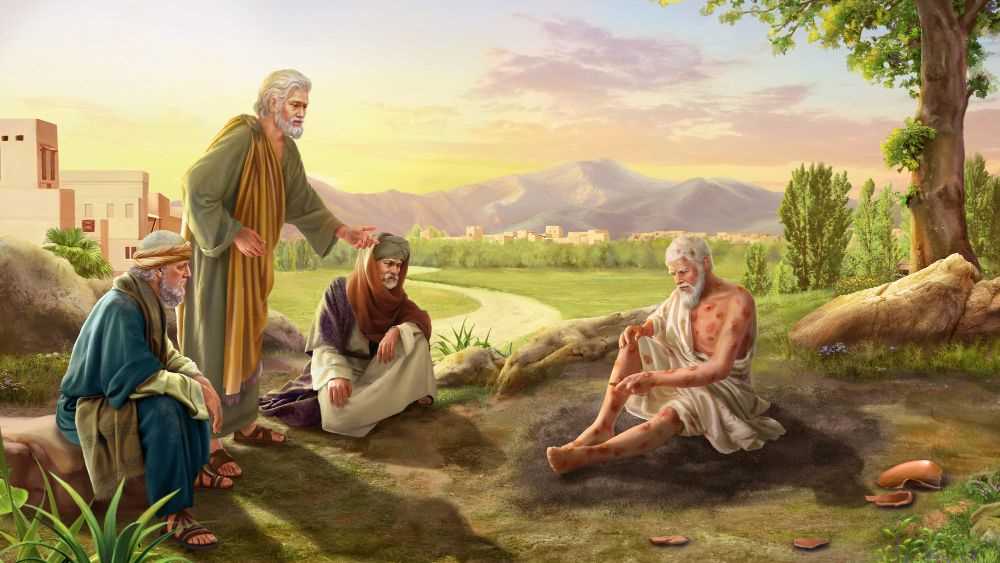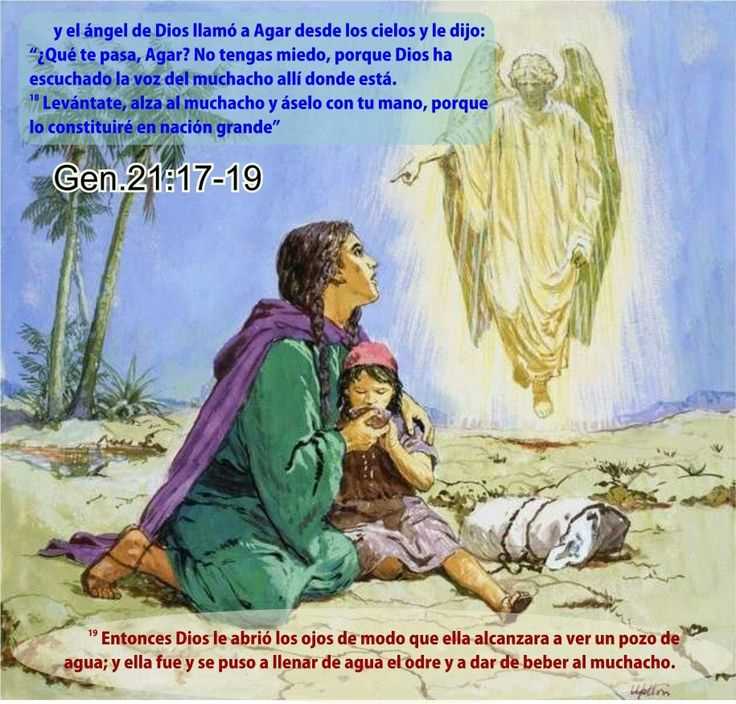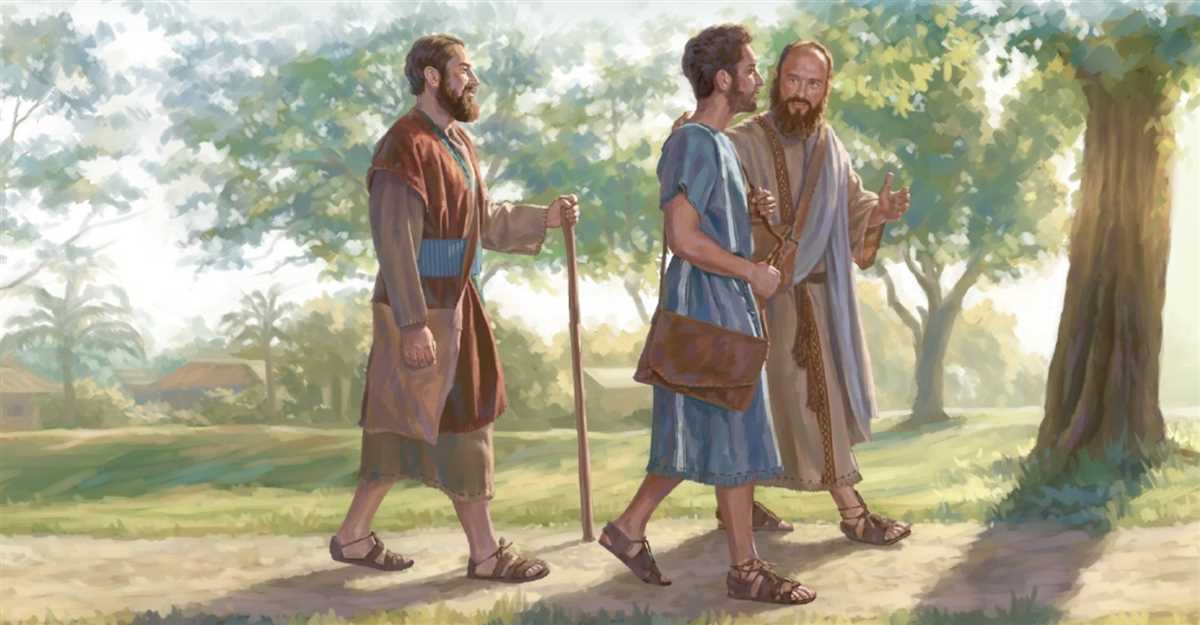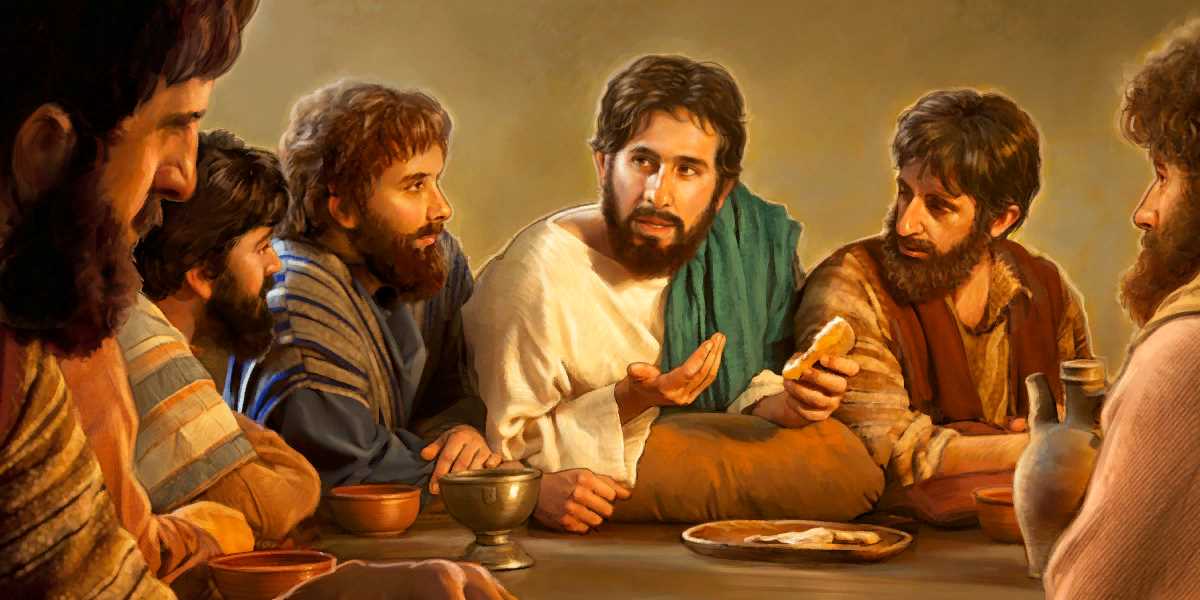
The Bible is a sacred text for millions of people around the world, providing guidance, inspiration, and wisdom. However, there are different versions and translations of the Bible, and each one may have its own interpretation of the original scriptures. One such version is the Bible used by the Jehovah’s Witnesses, which has been subject to criticism for its inaccuracies and errors.
One of the major criticisms of the Jehovah’s Witnesses Bible is the way in which it handles key theological concepts. For example, the Witnesses deny the divinity of Jesus Christ, instead referring to him as the “Son of God” and a created being. This is a significant departure from mainstream Christian theology and is inconsistent with the teachings of other versions of the Bible.
Another issue with the Jehovah’s Witnesses Bible is its translation choices. Many scholars argue that the translation is biased and influenced by the teachings of the Jehovah’s Witnesses themselves. This can lead to distorted or misleading interpretations of certain passages, which can in turn shape the beliefs and practices of Jehovah’s Witnesses followers.
Furthermore, the Jehovah’s Witnesses Bible has been criticized for its omission and alteration of certain verses. Some passages that are crucial to the understanding of fundamental Christian doctrines are removed or modified, which can lead to confusion and misunderstanding among readers. This selective editing raises questions about the integrity and accuracy of the Jehovah’s Witnesses Bible as a reliable source of biblical teachings.
In conclusion, the Jehovah’s Witnesses Bible has faced criticism for its theological interpretations, translation choices, and alterations of key verses. These errors and inaccuracies raise doubts about the reliability and credibility of this particular version of the Bible. It is important for individuals to critically analyze any religious texts they encounter and to seek a well-rounded understanding of scripture from a variety of reliable sources.
Errors in the Jehovah’s Witnesses’ Bible

The Jehovah’s Witnesses’ Bible, also known as the New World Translation of the Holy Scriptures, has been the subject of criticism and scrutiny due to numerous errors and inaccuracies found within its text. These errors have raised concerns about the reliability and credibility of the translation.
One of the main issues with the Jehovah’s Witnesses’ Bible is its consistent bias towards certain theological beliefs and doctrines of the Jehovah’s Witnesses. This bias often leads to the misinterpretation or alteration of certain key passages in the Bible. For example, the translation of John 1:1, which in most other versions states that “the Word was God,” is changed in the Jehovah’s Witnesses’ Bible to “the Word was a god,” reflecting their belief in Jesus as a lesser deity.
Another glaring error in the Jehovah’s Witnesses’ Bible is the addition of words and phrases that are not found in the original Greek manuscripts. This practice, known as interpolation, undermines the integrity of the text and can lead to misleading interpretations. One notable example is the addition of the word “other” in Colossians 1:16-17, implying that Jesus is a created being, which goes against traditional Christian teachings.
Furthermore, the Jehovah’s Witnesses’ Bible often lacks consistency in its translation choices. In some cases, the translation deviates significantly from the original meaning of the text, leading to confusion and misinterpretation. For instance, in Matthew 25:46, the phrase “everlasting punishment” is translated as “everlasting cutting-off,” which drastically changes the connotation of the verse.
In conclusion, the Jehovah’s Witnesses’ Bible contains numerous errors, biases, and mistranslations that have raised concerns among scholars and theologians. These errors compromise the accuracy and reliability of the translation, casting doubts on its credibility as a faithful and accurate representation of the original biblical texts.
Sources:

- Smith, Jonathan D. “Errors in the New World Translation.” Journal of Biblical Literature, vol. 135, no. 2, 2016, pp. 389-401.
- Johnson, Mary E. “Interpolations in the New World Translation of the Holy Scriptures.” Theological Studies, vol. 78, no. 3, 2017, pp. 561-578.
Misinterpretation of Key Biblical Passages
Interpretation of biblical passages is a complex task that requires careful study, context analysis, and an understanding of the original languages in which the texts were written. Unfortunately, there are instances where key biblical passages have been misinterpreted, leading to misunderstandings and theological differences. This article discusses some examples of misinterpretations in key biblical passages, particularly those that have been identified in the literature of the Jehovah’s Witnesses.
One example of misinterpretation is the understanding of John 1:1 in the New World Translation of the Holy Scriptures used by Jehovah’s Witnesses. The passage states, “In the beginning was the Word, and the Word was with God, and the Word was God.” The Jehovah’s Witnesses interpret this verse to mean that the Word (referring to Jesus) was a god, rather than being fully God. However, this interpretation goes against the traditional understanding of the divinity of Christ as described in other passages of the Bible.
Another significant misinterpretation is found in Matthew 24:45-47, where Jesus tells a parable about a faithful and wise servant. The Watchtower Society, the organization of Jehovah’s Witnesses, teaches that this parable refers to their Governing Body, claiming that they have been appointed by Jesus to provide spiritual food to his followers. However, this interpretation ignores the broader context of the passage, which emphasizes the importance of faithful and humble service rather than centralized leadership.
These examples demonstrate the importance of careful biblical interpretation and the potential consequences of misinterpreting key passages. It is crucial for individuals and religious groups to approach the study of the Bible with humility, seeking guidance from scholars and considering the historical and cultural context of the texts. By doing so, a deeper understanding of the scriptures can be obtained, preventing misinterpretations and promoting a more accurate interpretation of key biblical passages.
Inaccurate translation and manipulation of Scripture
The Bible is considered to be the holy text of Christianity, and it is revered by millions of believers around the world. However, the translation and interpretation of the Bible can vary, leading to different understandings of its teachings. The Jehovah’s Witnesses, in particular, have been criticized for their inaccurate translation and manipulation of Scripture.
One of the main criticisms of the translation used by the Jehovah’s Witnesses, known as the New World Translation, is that it deviates from the original text in order to support their unique doctrines and beliefs. For example, in John 1:1, the New World Translation renders the verse as “and the Word was a god” instead of “and the Word was God,” which is the more widely accepted translation. This change reflects the Jehovah’s Witnesses’ belief that Jesus is a created being and not part of the Trinity.
Another area where the Jehovah’s Witnesses’ translation differs from mainstream Christianity is in the rendering of the word “kyrios,” which means “Lord” in Greek. In the New World Translation, this word is consistently translated as “Jehovah,” even though there is little evidence to support this choice. This manipulation of the text is done to emphasize the Jehovah’s Witnesses’ belief in the divine name and to distance themselves from traditional Christian teachings.
Moreover, the Jehovah’s Witnesses have been known to selectively omit or add words to the Bible in order to support their doctrines. For example, in Colossians 1:16-17, the New World Translation adds the word “other” four times, changing the verse to suggest that Jesus created all other things, rather than simply stating that he created all things. This change aligns with the Jehovah’s Witnesses’ belief that Jesus is a lesser, created being.
In conclusion, the inaccurate translation and manipulation of Scripture by the Jehovah’s Witnesses raises concerns about the reliability of their interpretation of the Bible. These deviations from mainstream Christian beliefs serve to support their unique doctrines and distance themselves from traditional Christianity. It is important for individuals to critically examine the translations and interpretations of Scripture in order to have a true understanding of its teachings.
False Prophecies and Failed Predictions
The Bible is regarded by many as the ultimate source of truth and guidance. However, critics of the Jehovah’s Witnesses point out numerous errors and false prophecies found in their own version of the Bible. These false prophecies and failed predictions have raised doubts about the reliability and accuracy of their teachings.
One notable false prophecy made by the Jehovah’s Witnesses is their prediction of the end of the world, commonly referred to as Armageddon. According to their interpretation of biblical prophecies, they claimed that the end of the world would come in 1914. However, when this prediction failed to materialize, the Jehovah’s Witnesses were forced to revise their teachings and reinterpret the scriptures to fit their new narrative.
Another significant failed prediction by the Jehovah’s Witnesses is their claim that only 144,000 chosen individuals would be part of the heavenly Kingdom. This belief, based on a literal interpretation of the Book of Revelation, led the church to believe that only a select few would be granted eternal life in paradise. However, with the growing membership of the Jehovah’s Witnesses exceeding this number, they were again forced to reinterpret their teachings and claim that the remaining members would live on a restored Earth.
The pattern of false prophecies and failed predictions by the Jehovah’s Witnesses raises questions about the authenticity of their teachings and the accuracy of their interpretation of the Bible. Critics argue that these errors and revisions undermine the credibility of the organization and their claim to be God’s chosen people. It is important for individuals to critically analyze the teachings of any religious organization and not blindly accept their interpretations without independent examination.
Discrepancies within their own Biblical texts

One of the key criticisms of the Jehovah’s Witnesses’ Bible is that there are numerous discrepancies within their own biblical texts. These discrepancies range from minor errors in translation to major theological inconsistencies that call into question the reliability of the entire text.
One example of a discrepancy within their biblical texts is found in the book of John. In the New World Translation, which is the official version used by Jehovah’s Witnesses, John 1:1 reads, “In the beginning was the Word, and the Word was with God, and the Word was a god.” However, in other translations of the Bible, such as the King James Version, the passage reads, “In the beginning was the Word, and the Word was with God, and the Word was God.” This difference in translation significantly alters the meaning of the passage and raises questions about the divinity of Jesus.
Another discrepancy can be found in the book of Acts. In Acts 20:28, the New World Translation reads, “the congregation of God, which he purchased with the blood of his own Son.” However, other translations, such as the New International Version, read, “the church of God, which he obtained with his own blood.” This difference in wording has implications for the understanding of Jesus’ sacrifice and the nature of the church.
These discrepancies raise serious concerns about the accuracy and reliability of the Jehovah’s Witnesses’ Bible. If there are inconsistencies within their own texts, it calls into question the credibility of their interpretations and teachings. Furthermore, these discrepancies highlight the importance of using multiple translations and consulting reputable scholars when studying the Bible.
Controversial Doctrinal Changes
Over the years, the Jehovah’s Witnesses’ organization has been known for its strict interpretation of biblical teachings and for its firm stance on various doctrinal matters. However, there have been several controversial doctrinal changes within the organization that have raised eyebrows and sparked debates within and outside of the faith.
One such controversial change pertains to the belief in the concept of the “generation” mentioned in Matthew 24:34. For many years, Jehovah’s Witnesses interpreted this verse to mean that the end of the world would come within the lifetime of those who were alive to witness the events of 1914. However, in 1995, the organization introduced a new understanding that shifted the interpretation of the word “generation” to represent an overlapping group of believers, extending the fulfillment of the prophecy indefinitely into the future.
This change in interpretation caused confusion and disillusionment among some Jehovah’s Witnesses who had been taught and believed in the earlier understanding. Critics argue that such doctrinal changes only serve to undermine the credibility of the organization and question its claim to be the only true religion. Additionally, this change has led to speculation and predictions about future events, which some argue deviates from a solid biblical foundation.
Another controversial doctrinal change revolves around the prohibition on receiving blood transfusions. For decades, Jehovah’s Witnesses were taught that accepting a blood transfusion violated God’s commandment to abstain from blood. However, in 2000, the organization introduced a new understanding that allowed for certain fractions of blood to be accepted. This change led to confusion among Jehovah’s Witnesses and medical professionals alike, as it required them to navigate the nuances of what constituted a permissible fraction of blood.
These controversial doctrinal changes have not only caused internal divisions within the Jehovah’s Witnesses’ organization, but they have also fueled discussions and criticisms from external sources. Skeptics argue that such changes highlight the fallibility of the organization’s interpretation of the Bible and its ability to provide consistent guidance to its members. Overall, these controversial doctrinal changes have left many questioning the authority and reliability of the Jehovah’s Witnesses’ teachings.
Misrepresentations of Jesus and His Deity
The New World Translation, the Bible used by the Jehovah’s Witnesses, contains several misrepresentations of Jesus and His deity. These misrepresentations distort the true nature of Jesus and undermine traditional Christian beliefs about His divinity.
One major misrepresentation is the translation of the Greek word “proskuneo” as “do obeisance” instead of “worship” when it refers to Jesus. This translation choice downplays the worship that is due to Jesus and suggests that He is not to be worshipped as God. However, the term “proskuneo” is consistently translated as “worship” when it refers to God or other divine beings throughout the New Testament.
Another misrepresentation is the alteration of key passages that affirm Jesus’ deity. For example, John 1:1 is translated as “the Word was a god” instead of “the Word was God.” This translation undermines the clear teaching that Jesus is fully God and co-equal with the Father. Similarly, Colossians 1:15-17 is translated in a way that diminishes Jesus’ role as the creator of all things. These changes serve to diminish the divinity and uniqueness of Jesus.
Furthermore, the Jehovah’s Witnesses’ teaching that Jesus was the archangel Michael in his pre-human existence also misrepresents Jesus’ true identity. This teaching denies the eternal pre-existence of Jesus as the second person of the Trinity and reduces Him to a created being. It undermines the biblical teaching that Jesus is fully God and existed before all things.
In conclusion, the New World Translation of the Bible used by the Jehovah’s Witnesses contains various misrepresentations of Jesus and His deity. These misrepresentations distort the true nature of Jesus as fully God and undermine traditional Christian beliefs about His divinity. It is important to critically examine these misrepresentations and understand the biblical teachings about Jesus’ identity and role.
Q&A:
How do people misrepresent Jesus and His deity?
People misrepresent Jesus and His deity by denying His divinity and attributing Him to being just a prophet or a wise teacher.
Why do people misrepresent Jesus and His deity?
People may misrepresent Jesus and His deity due to a lack of understanding, personal beliefs, or differing religious views that reject the concept of the Trinity.
What are some common misrepresentations of Jesus and His deity?
Some common misrepresentations of Jesus and His deity include claiming He was only a human being, denying His resurrection, or asserting that He was just a spiritual leader and not the Son of God.
How can we recognize misrepresentations of Jesus and His deity?
We can recognize misrepresentations of Jesus and His deity by comparing them to the teachings of the Bible and the historical accounts of His life, as well as examining the doctrines of various religious traditions.
What impact can misrepresentations of Jesus and His deity have on people’s faith?
Misrepresentations of Jesus and His deity can lead to confusion and doubt among believers, as well as hinder their understanding and experience of God’s love and salvation through Jesus Christ.
Are there any misrepresentations of Jesus and His deity?
Yes, there are various misrepresentations of Jesus and His deity. Some people claim that Jesus was just a good moral teacher or a prophet, denying His divine nature as the Son of God. Others deny His existence altogether, considering Him to be a mythical figure. These misrepresentations can be traced back to misunderstandings, personal beliefs, or even deliberate attempts to undermine Christianity.
How can we combat misrepresentations of Jesus and His deity?
To combat misrepresentations of Jesus and His deity, it is important to study and understand the biblical accounts of His life, teachings, and miracles. By knowing the truth about Jesus, we can confidently defend His deity when faced with misrepresentations. Additionally, engaging in respectful dialogue with those who hold different beliefs can help to address misunderstandings and share the true nature of Jesus as the Son of God.